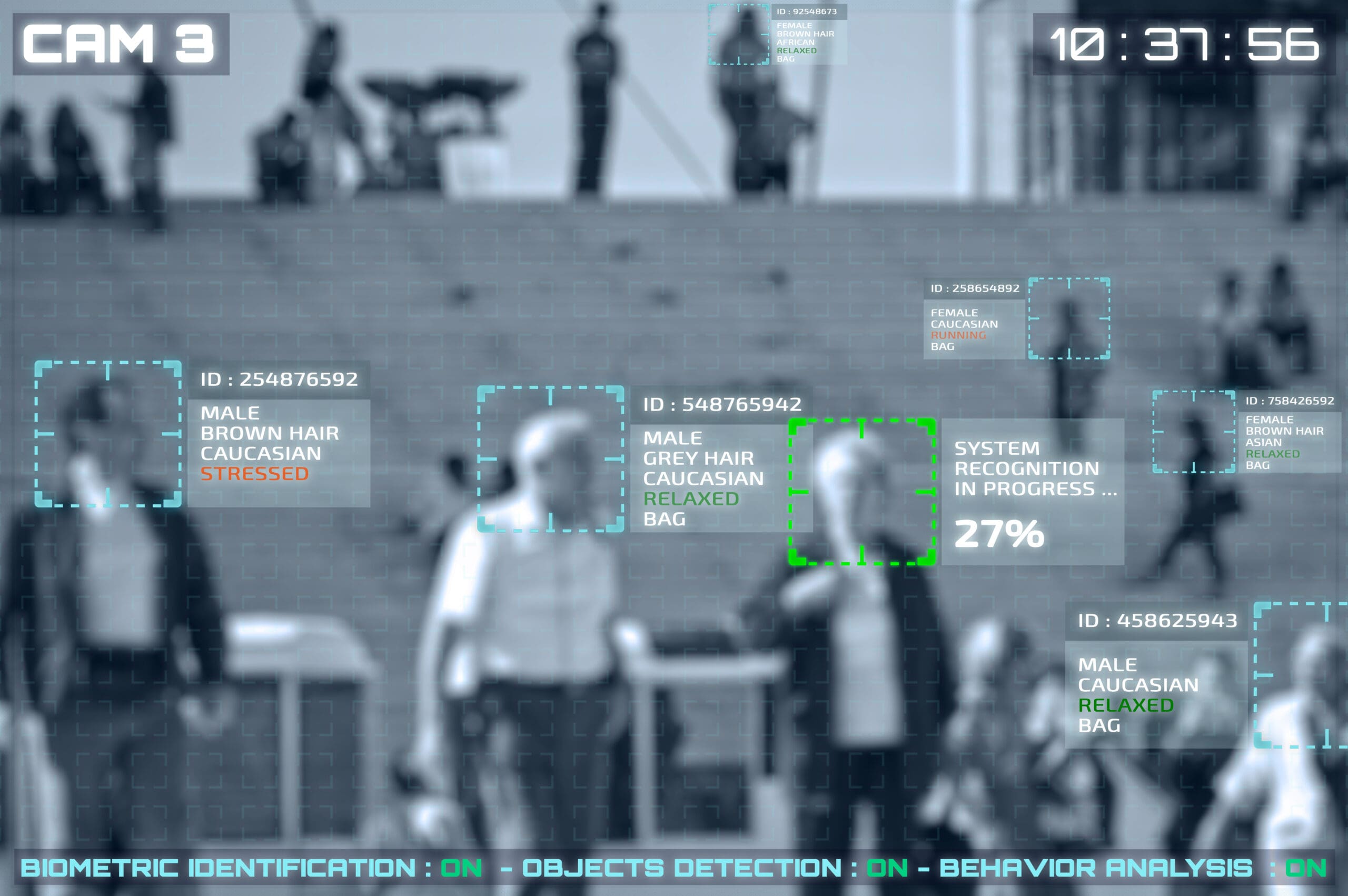Augusta, Maine — The Maine State Legislature has passed a bill that will prohibit the use of facial recognition surveillance by certain government employees and officials.
While these bans have been popping up more and more over the country, Maine took its ban a step further by prohibiting not only the use of the technology by police and for surveillance purposes, but also from being used in public schools.
“This is a huge victory for privacy rights and civil liberties in Maine,” said bill sponsor Rep. Grayson Lookner (Portland). “It’s also a victory for bipartisanship and cooperation. I hope that Maine can provide an example to other states that want to rein in the government’s ability to use facial recognition and other invasive biometric technologies.”
The bill states that Maine police cannot have access to facial recognition technology but may make requests for searches to the Department of the Secretary of State, Bureau of Motor Vehicles and the Department of Public Safety, Bureau of State Police.
The bill “continues current authority in the Bureau of Motor Vehicles to perform facial surveillance searches and to receive requests for searches. The amendment requires the Bureau of State Police and the Bureau of Motor Vehicles to maintain de-identified records of searches requested and performed and designates those records as public records.”
It also states that “facial surveillance data does not, without other evidence, establish probable cause justifying arrest, search or seizure. The amendment includes enforcement provisions in case of a violation.”
Facial recognition has been a contentious technology over the years due to its potential benefits, as well as dangers. The ACLU praised Maine’s ban. “Maine is at the forefront of a national movement to preserve civil rights and liberties in the digital age,” said Alison Beyea, executive director at the ACLU of Maine. “Democracy is stronger and communities are safer when we have clear rules and accountability for how governments use new and emerging technologies.”
The Security Industry Association (SIA) has been vocal in its opposition of facial recognition bans. In a statement released in regards to a proposed federal ban, SIA said, “The legislation would impose a blanket ban on most federal, state and local use of nearly all biometric and related image analytics technologies, which threatens the legitimate, documented benefits of facial recognition technologies used by law enforcement … Rather than impose sweeping moratoriums, SIA encourages Congress to propose balanced legislation that promulgates reasonable safeguards to ensure that facial recognition technology is used ethically, responsibly and under appropriate oversight and that the United States remains the global leader in driving innovation.”
This article originally appeared in CS sister publication Security Sales & Integration. Steve Karantzoulidis is SSI’s web editor.













